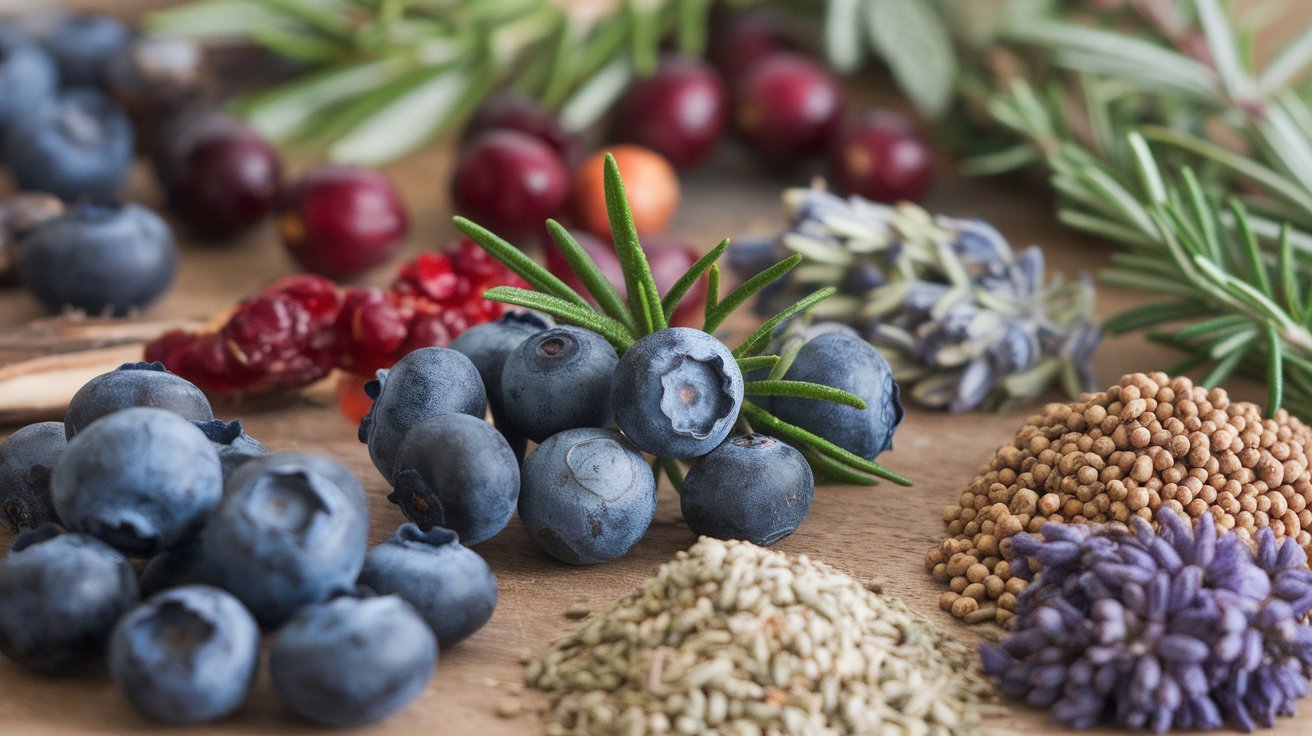
Juniper berries are known for their sharp, pine-like flavor and are often used in cooking, especially in European and Scandinavian dishes.
They are a key ingredient in gin production and add a distinct flavor to meats, sauces, and marinades.
However, if you don’t have juniper berries, several excellent substitutes can provide a similar earthy, spicy, or citrusy note.
In this list, we’ll explore juniper berry substitutes that can help you achieve the desired flavor in your dishes.
List of Juniper Berry Substitutes
1. Rosemary
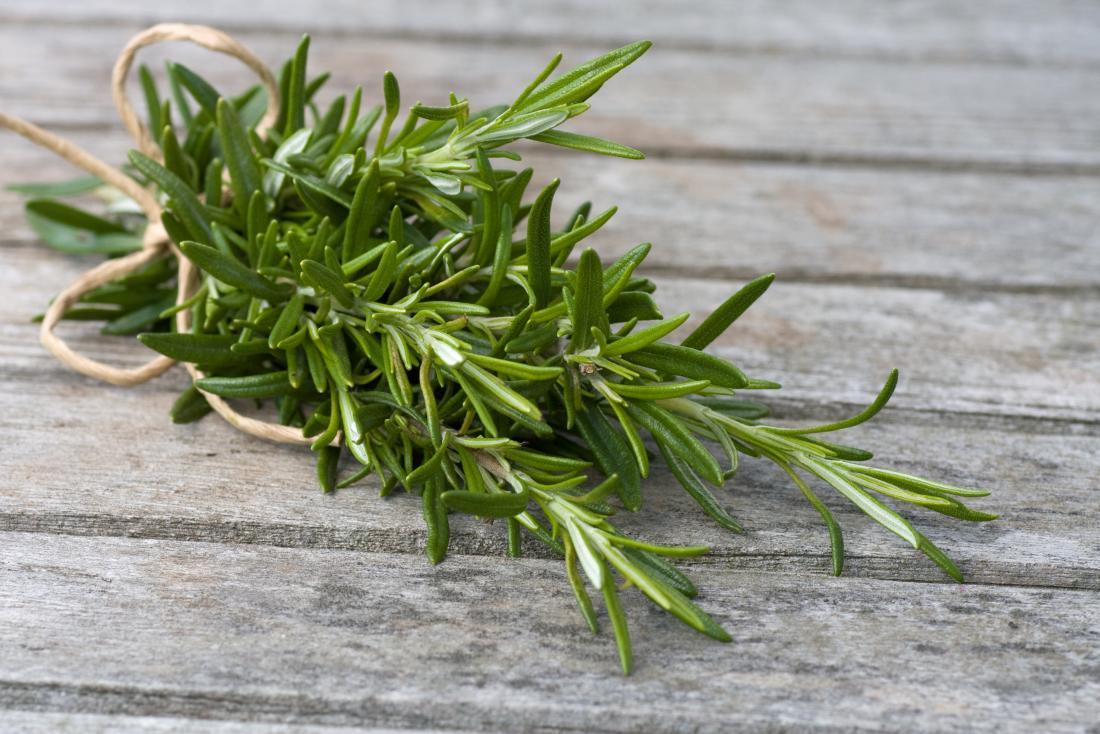
Rosemary is a fragrant herb that offers a similar piney, woody flavor to juniper berries.
Its strong, earthy notes make it an ideal substitute, especially in meat dishes like lamb or game.
Rosemary is often used in Mediterranean cooking and pairs well with roasted meats and vegetables.
| Characteristic | Details |
|---|---|
| Use in Recipes | Roasts, stews, marinades |
| Flavor Profile | Piney, earthy, slightly peppery |
| How to Use | Use fresh or dried rosemary in equal amounts to replace juniper berries. |
2. Bay Leaves

Bay leaves provide a subtle earthy flavor with mild bitterness, making them a good substitute for juniper berries in soups, stews, and braises.
Although not as pungent, bay leaves can bring a depth of flavor to dishes that require long cooking times.
| Characteristic | Details |
|---|---|
| Use in Recipes | Soups, stews, braises |
| Flavor Profile | Mildly earthy, slightly bitter |
| How to Use | Use 1-2 bay leaves as a substitute for juniper berries, removing them before serving. |
3. Caraway Seeds
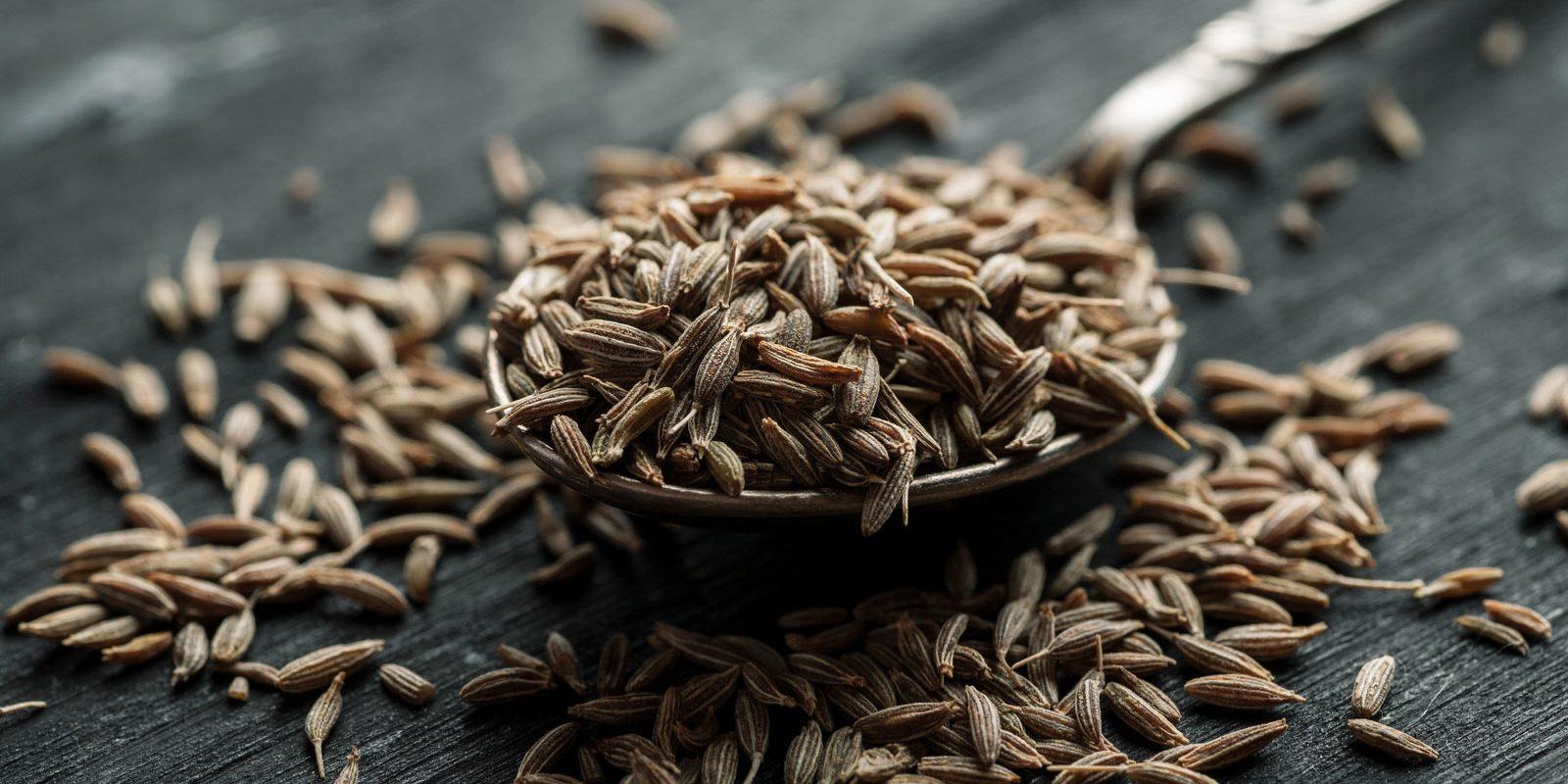
Caraway seeds have a warm, earthy flavor with a hint of licorice, which can mimic the complex taste of juniper berries.
They are commonly used in European dishes and can add a unique twist to recipes that call for juniper berries.
| Characteristic | Details |
|---|---|
| Use in Recipes | Breads, roasts, stews |
| Flavor Profile | Warm, earthy, with a hint of licorice |
| How to Use | Use half the amount of caraway seeds as a substitute for juniper berries. |
4. Gin

Since gin is flavored with juniper berries, it can be used as a liquid substitute in recipes that call for them.
Gin adds the same piney, citrusy notes as juniper berries, making it a great option in marinades, sauces, or braised dishes.
| Characteristic | Details |
|---|---|
| Use in Recipes | Sauces, marinades, braises |
| Flavor Profile | Piney, citrusy, slightly herbal |
| How to Use | Replace 1 tablespoon of juniper berries with 1-2 tablespoons of gin. |
5. Black Peppercorns
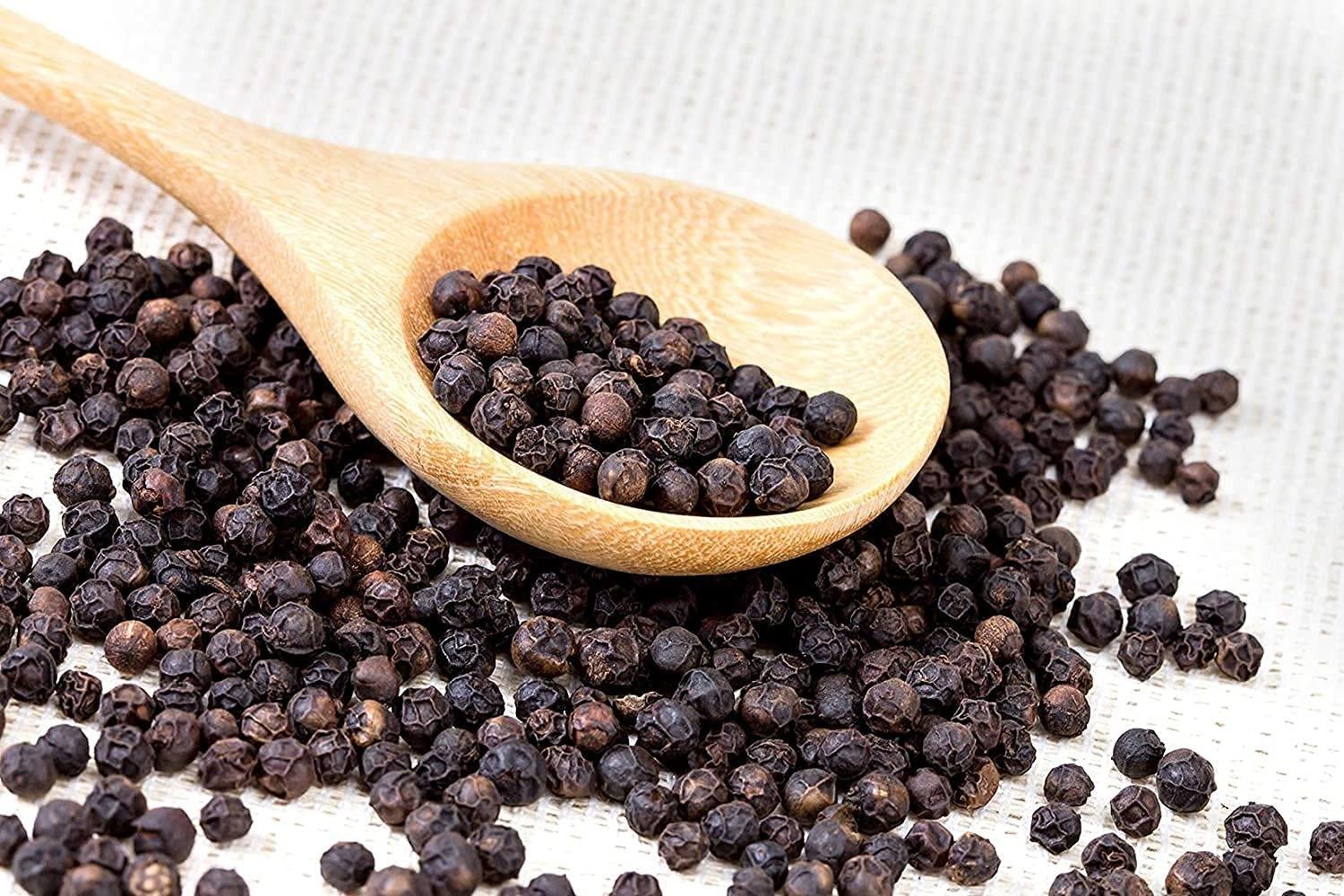
Black peppercorns bring a sharp, spicy heat that can mimic the intensity of juniper berries.
While they lack the piney flavor, black peppercorns are a versatile substitute in many savory dishes, adding depth and warmth.
| Characteristic | Details |
|---|---|
| Use in Recipes | Roasts, stews, sauces |
| Flavor Profile | Spicy, sharp, slightly earthy |
| How to Use | Use black peppercorns in equal amounts, adjusting to taste for heat. |
6. Cardamom
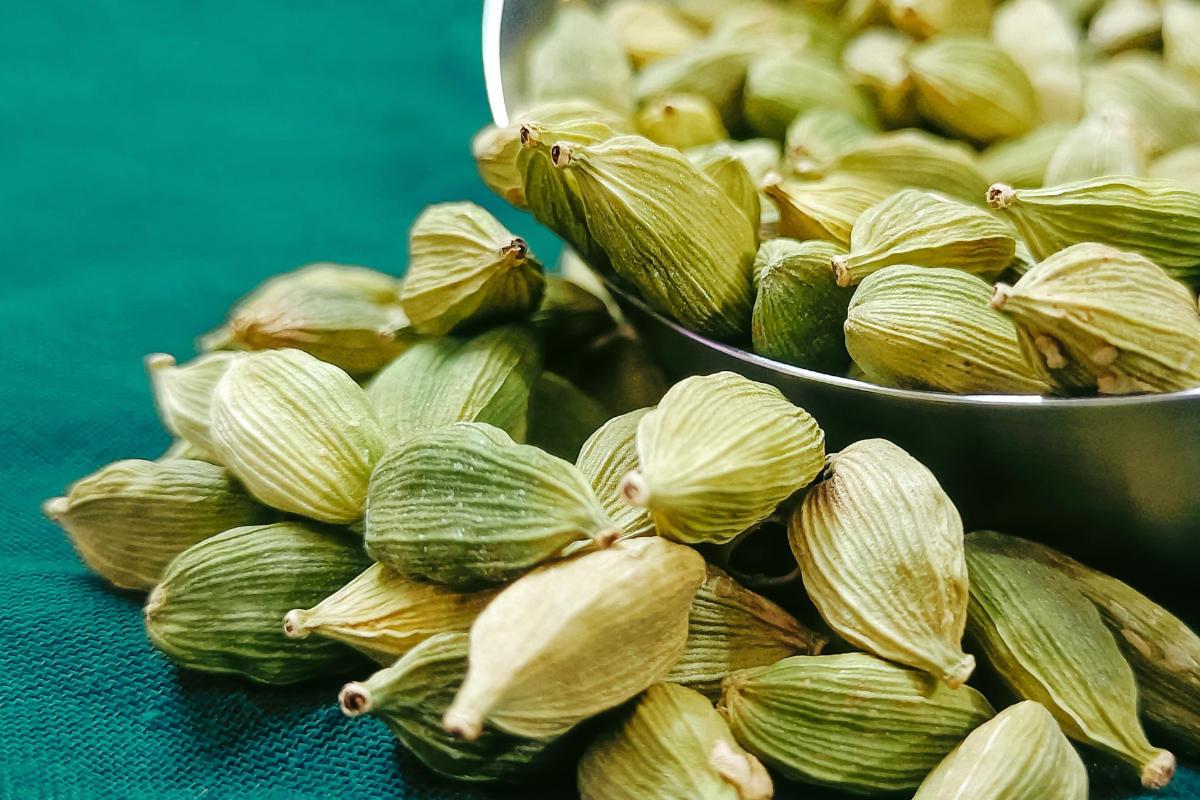
Cardamom, with its warm, slightly citrusy flavor, can be a great substitute for juniper berries, especially in recipes that require a hint of spice and complexity.
While it lacks the piney notes, cardamom’s unique flavor pairs well with savory and sweet dishes alike.
| Characteristic | Details |
|---|---|
| Use in Recipes | Curries, stews, baked goods |
| Flavor Profile | Warm, citrusy, slightly spicy |
| How to Use | Use ground cardamom sparingly, about half the amount of juniper berries. |
7. Coriander Seeds
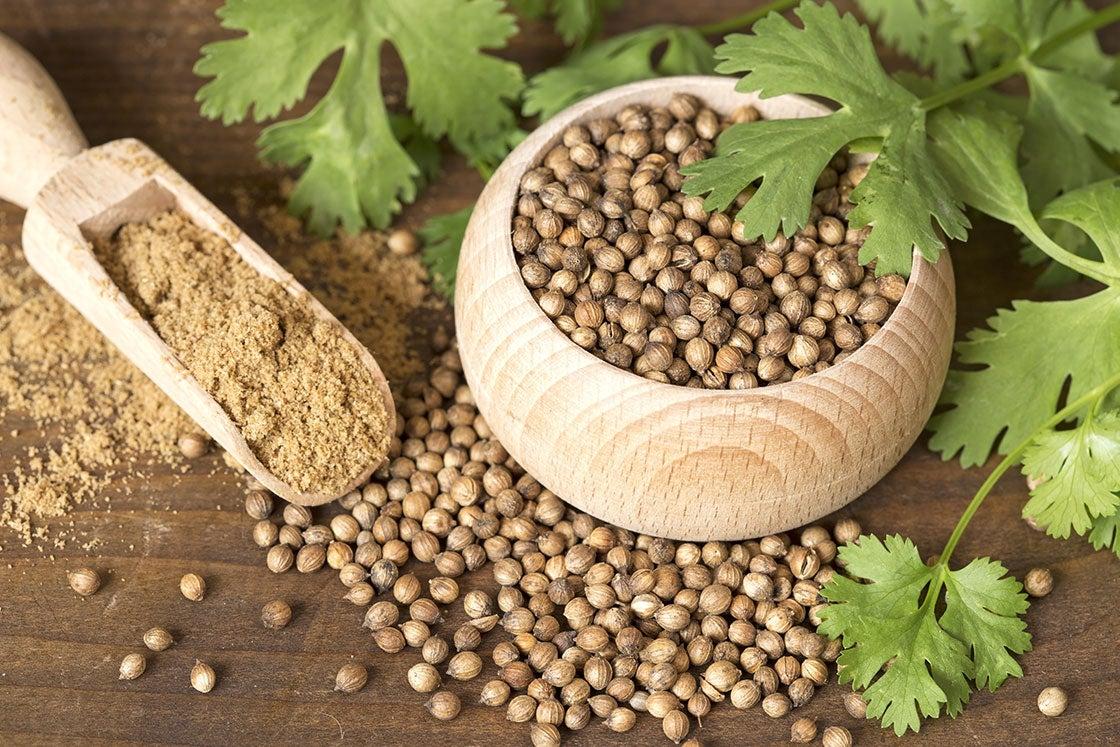
Coriander seeds have a light, citrusy flavor with a subtle earthiness, making them a suitable substitute for juniper berries.
They are commonly used in Mediterranean and Middle Eastern cuisine and can enhance the flavor of roasted meats, soups, and sauces.
| Characteristic | Details |
|---|---|
| Use in Recipes | Roasted meats, soups, stews |
| Flavor Profile | Citrus-like, earthy, mild |
| How to Use | Use coriander seeds in a 1:1 ratio as a substitute for juniper berries. |
8. Sage

Sage is an herb with a strong, earthy flavor that can replicate the woodsy notes of juniper berries.
While sage has a slightly more robust and herbal taste, it works well in roasted meats, stuffings, and stews, adding depth to hearty dishes.
| Characteristic | Details |
|---|---|
| Use in Recipes | Roasts, stuffings, stews |
| Flavor Profile | Earthy, slightly peppery |
| How to Use | Use fresh or dried sage leaves in a 1:1 ratio to replace juniper berries. |
9. Thyme
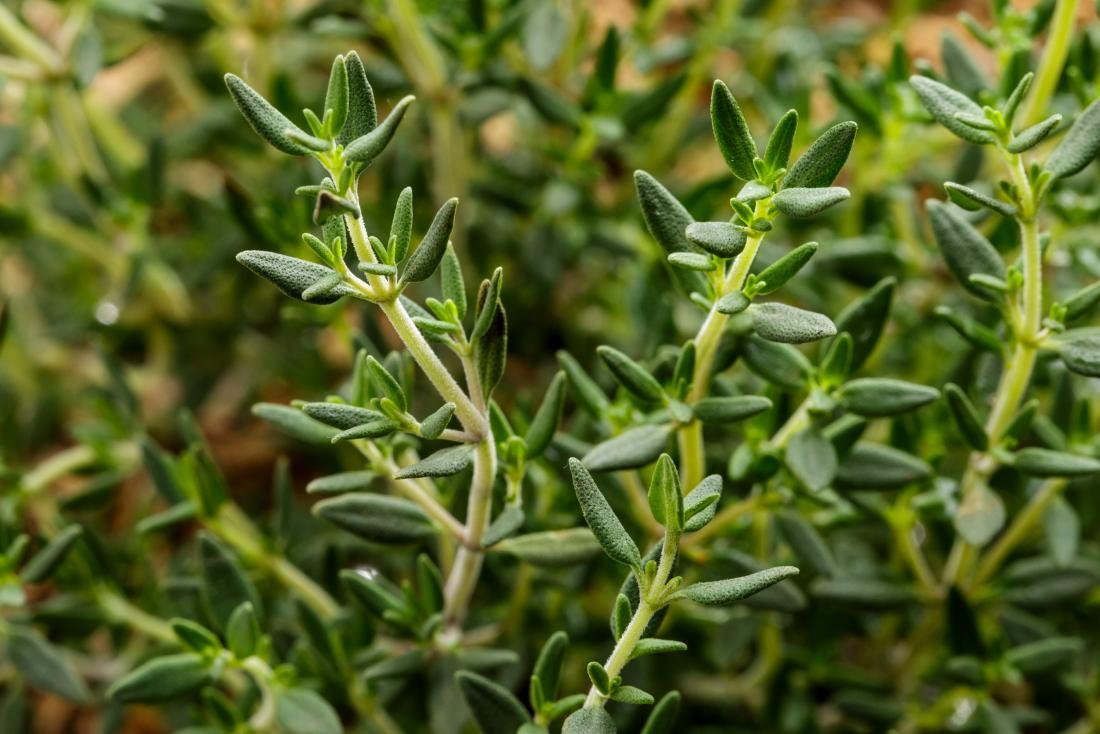
Thyme offers a subtle, earthy flavor with a hint of mint and lemon, making it a good alternative to juniper berries in dishes where a mild, herbaceous note is needed.
Thyme works well in both savory and sweet recipes, particularly in meats and vegetable dishes.
| Characteristic | Details |
|---|---|
| Use in Recipes | Roasts, sauces, stews |
| Flavor Profile | Earthy, slightly minty |
| How to Use | Use fresh or dried thyme as a 1:1 substitute for juniper berries. |
10. Fennel Seeds
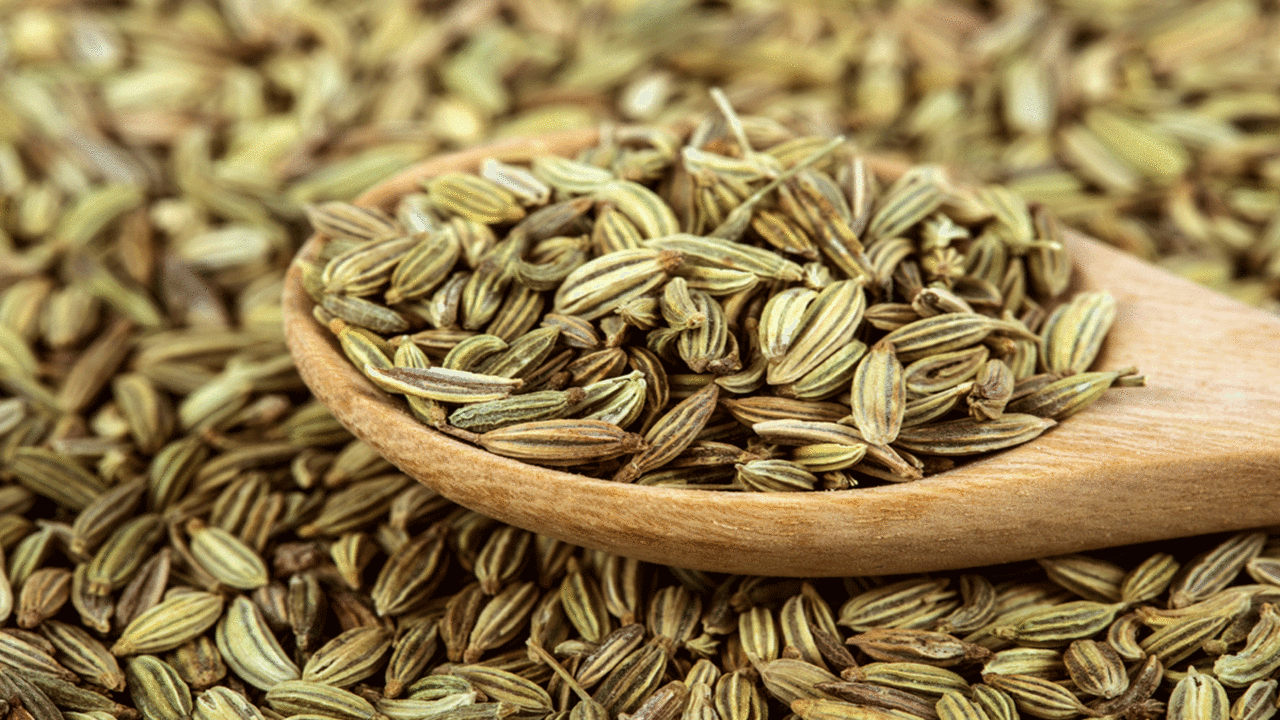
Fennel seeds bring a sweet, licorice-like flavor that can substitute for the complexity of juniper berries in certain dishes.
While fennel is more anise-flavored than piney, it works well in marinades and stews, especially in Mediterranean and Indian cuisines.
| Characteristic | Details |
|---|---|
| Use in Recipes | Roasts, stews, marinades |
| Flavor Profile | Sweet, licorice-like, slightly earthy |
| How to Use | Use fennel seeds in half the amount as juniper berries. |
11. Allspice
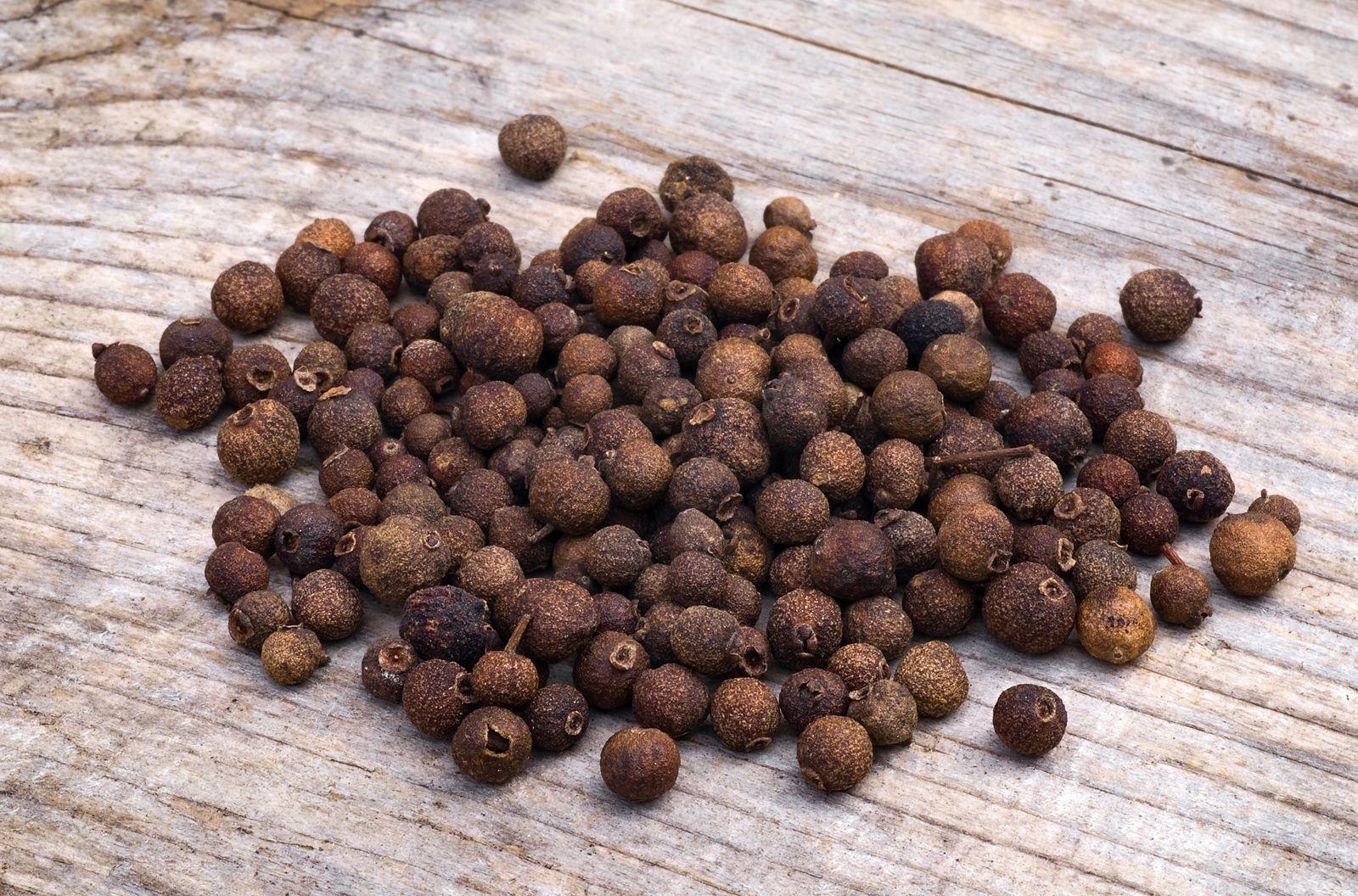
Allspice is a warm, slightly sweet spice with notes of cinnamon, nutmeg, and cloves.
Though it lacks the piney flavor of juniper berries, it can provide warmth and depth to dishes.
It works especially well in savory stews, sauces, and marinades.
| Characteristic | Details |
|---|---|
| Use in Recipes | Stews, sauces, roasts |
| Flavor Profile | Warm, slightly sweet, earthy |
| How to Use | Use allspice in half the amount of juniper berries, adjusting to taste. |
12. Cloves
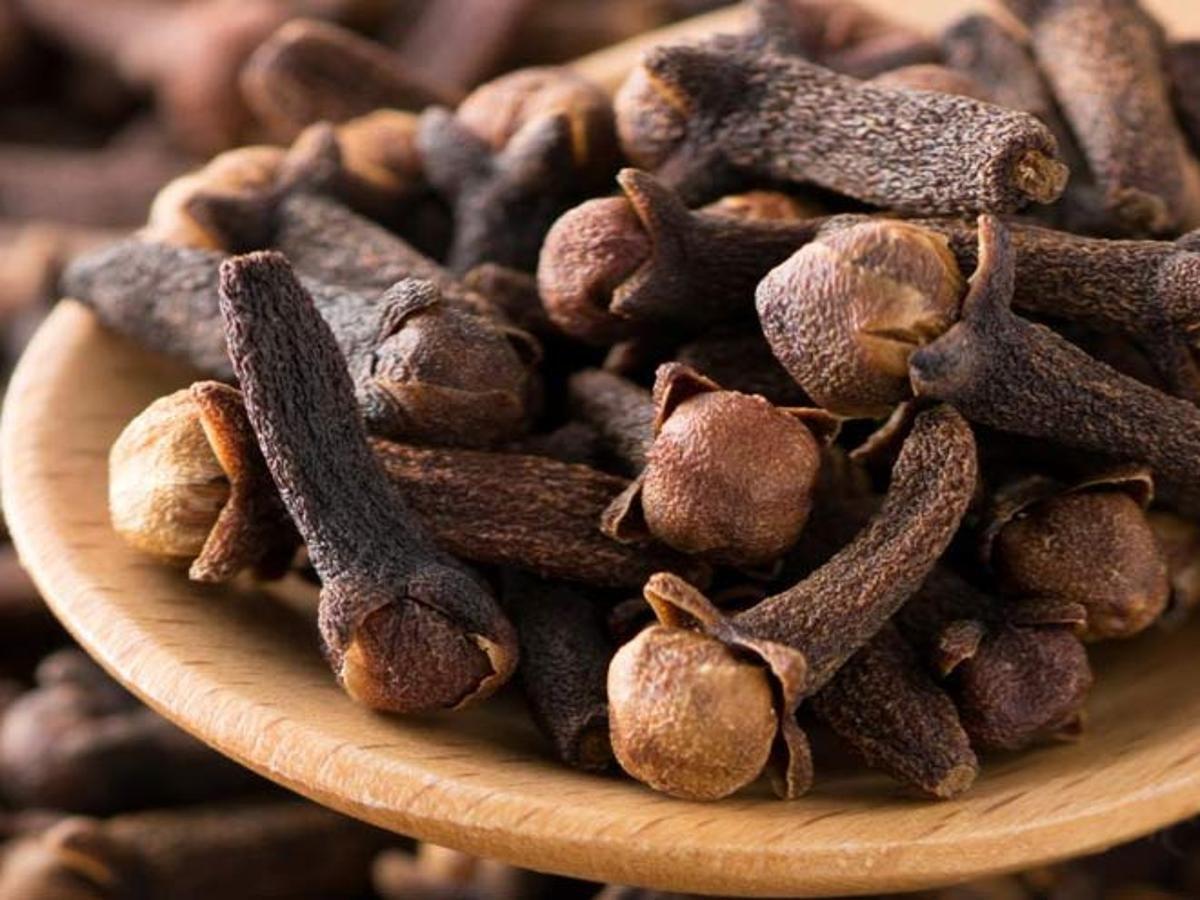
Cloves are a strong, aromatic spice with a warm, sweet flavor.
They offer an intense alternative to juniper berries.
Cloves should be used sparingly, as their flavor can overpower a dish, but they work well in meat dishes, especially when paired with other spices.
| Characteristic | Details |
|---|---|
| Use in Recipes | Roasts, stews, sauces |
| Flavor Profile | Warm, spicy, slightly sweet |
| How to Use | Use cloves sparingly, about a quarter of the amount of juniper berries. |
13. Star Anise
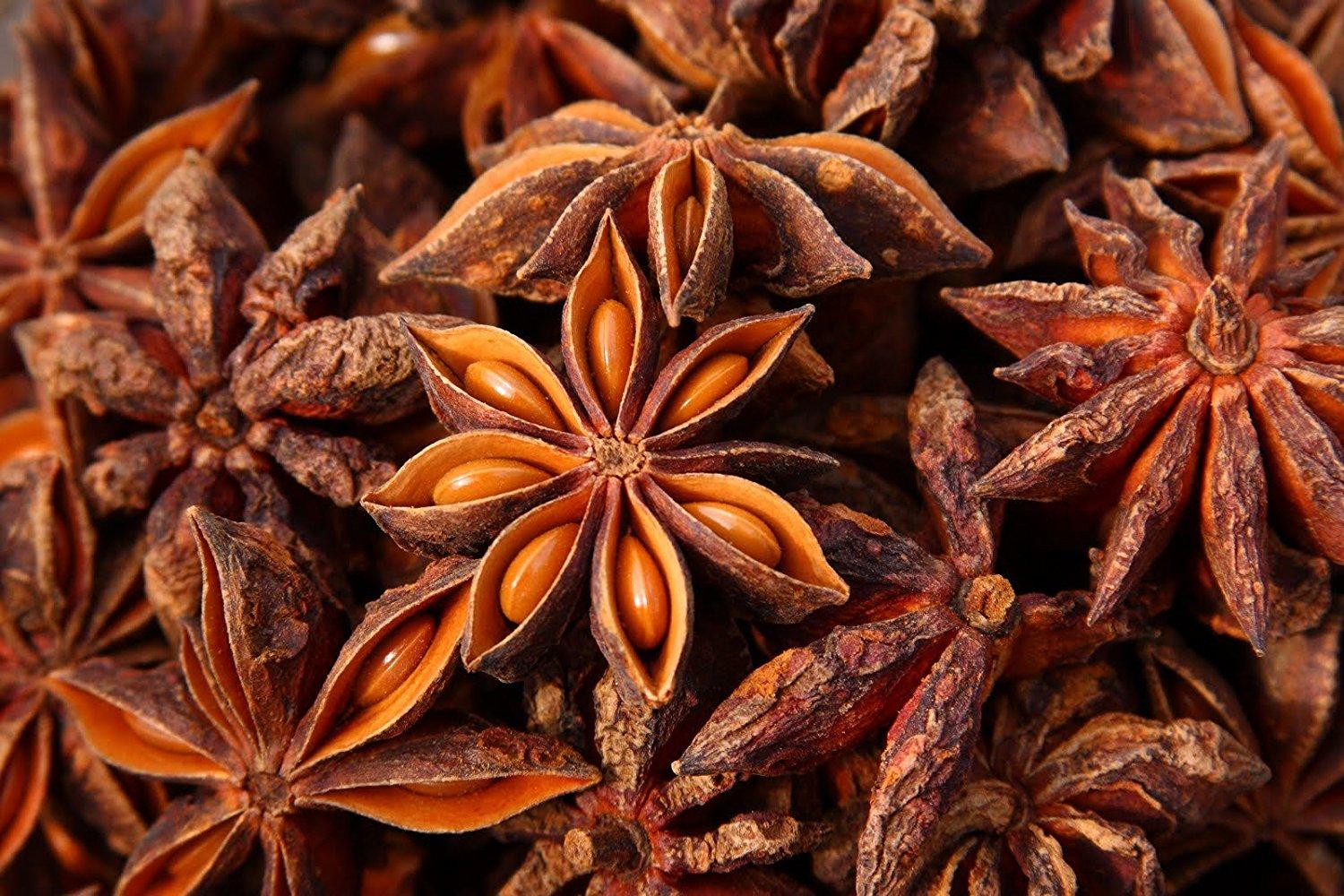
Star anise has a strong licorice flavor with a sweet and slightly spicy undertone.
While it doesn’t replicate the piney notes of juniper berries, it can add complexity and depth to dishes that require a warm, earthy flavor.
| Characteristic | Details |
|---|---|
| Use in Recipes | Stews, soups, marinades |
| Flavor Profile | Sweet, licorice-like, slightly spicy |
| How to Use | Use star anise in half the amount of juniper berries, adjusting to taste. |
14. Dried Cranberries
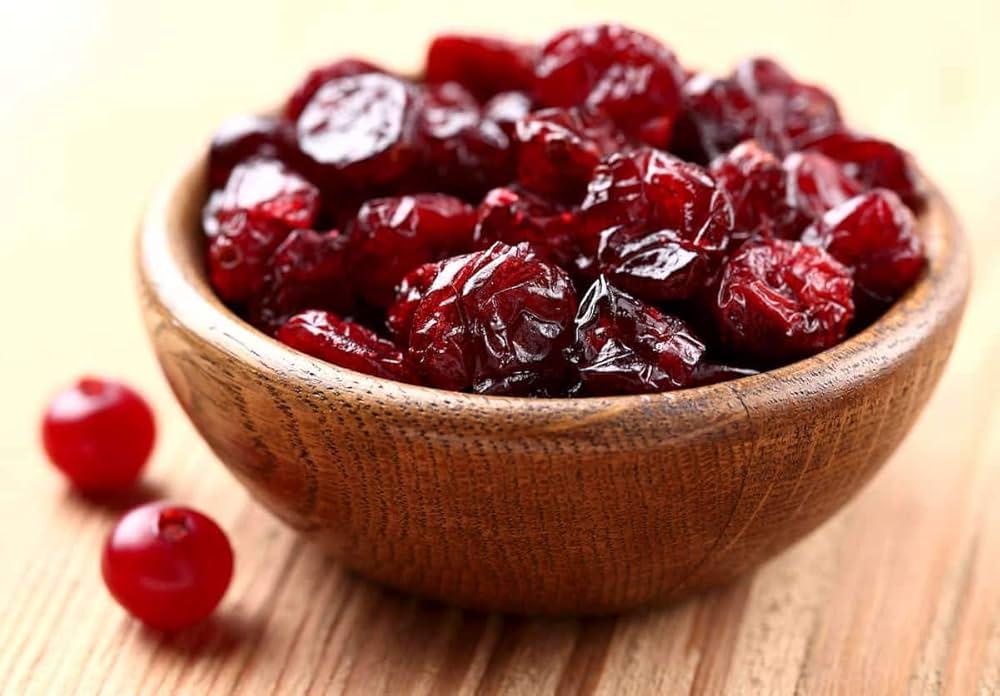
Dried cranberries provide a sweet and tart flavor that can mimic the fruity undertones of juniper berries.
While they lack the piney flavor, they are an excellent choice for adding sweetness and acidity to savory dishes like roasts and sauces.
| Characteristic | Details |
|---|---|
| Use in Recipes | Roasts, sauces, stuffings |
| Flavor Profile | Sweet, tart, fruity |
| How to Use | Use dried cranberries in equal amounts, adjusting for sweetness. |
15. Lemon Zest

Lemon zest adds a bright, citrusy flavor that can substitute for the subtle citrus notes found in juniper berries.
It works well in both savory and sweet dishes, adding a refreshing, zesty taste to sauces, marinades, and meat dishes.
| Characteristic | Details |
|---|---|
| Use in Recipes | Sauces, marinades, roasts |
| Flavor Profile | Bright, citrusy, fresh |
| How to Use | Use lemon zest sparingly as a substitute, adjusting to taste. |
16. Oregano
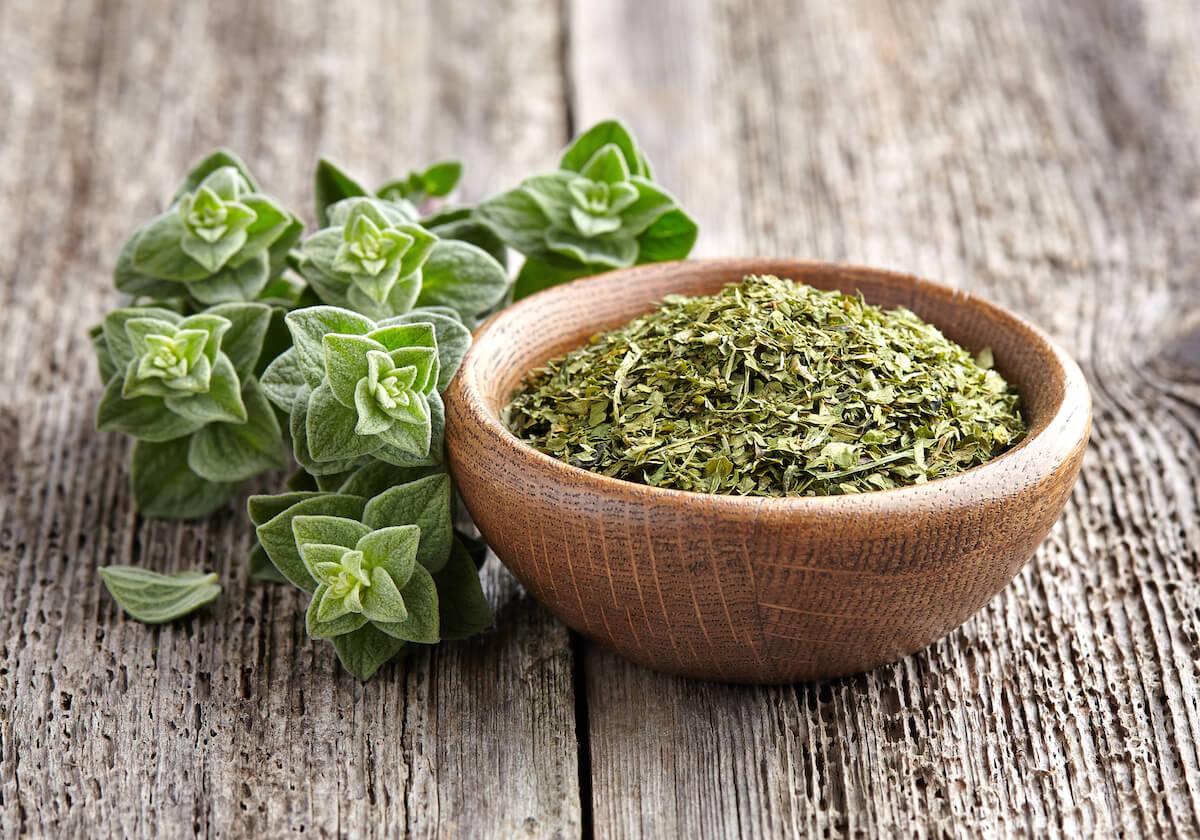
Oregano is a robust herb with a slightly bitter, earthy flavor that works well as a substitute for juniper berries in savory dishes.
While it doesn’t replicate the piney notes, oregano brings a depth of flavor to stews, roasts, and sauces.
| Characteristic | Details |
|---|---|
| Use in Recipes | Roasts, stews, sauces |
| Flavor Profile | Earthy, slightly bitter |
| How to Use | Use oregano in a 1:1 ratio as a substitute for juniper berries. |
Conclusion
Juniper berries provide a unique, piney flavor, but these substitutes can bring their own distinctive tastes to your dishes.
Whether you need an herb like rosemary, a spice like allspice, or a hint of citrus with lemon zest, there’s a substitute for every recipe.
Experimenting with these alternatives will help you achieve the perfect balance of flavor, even without juniper berries on hand.

